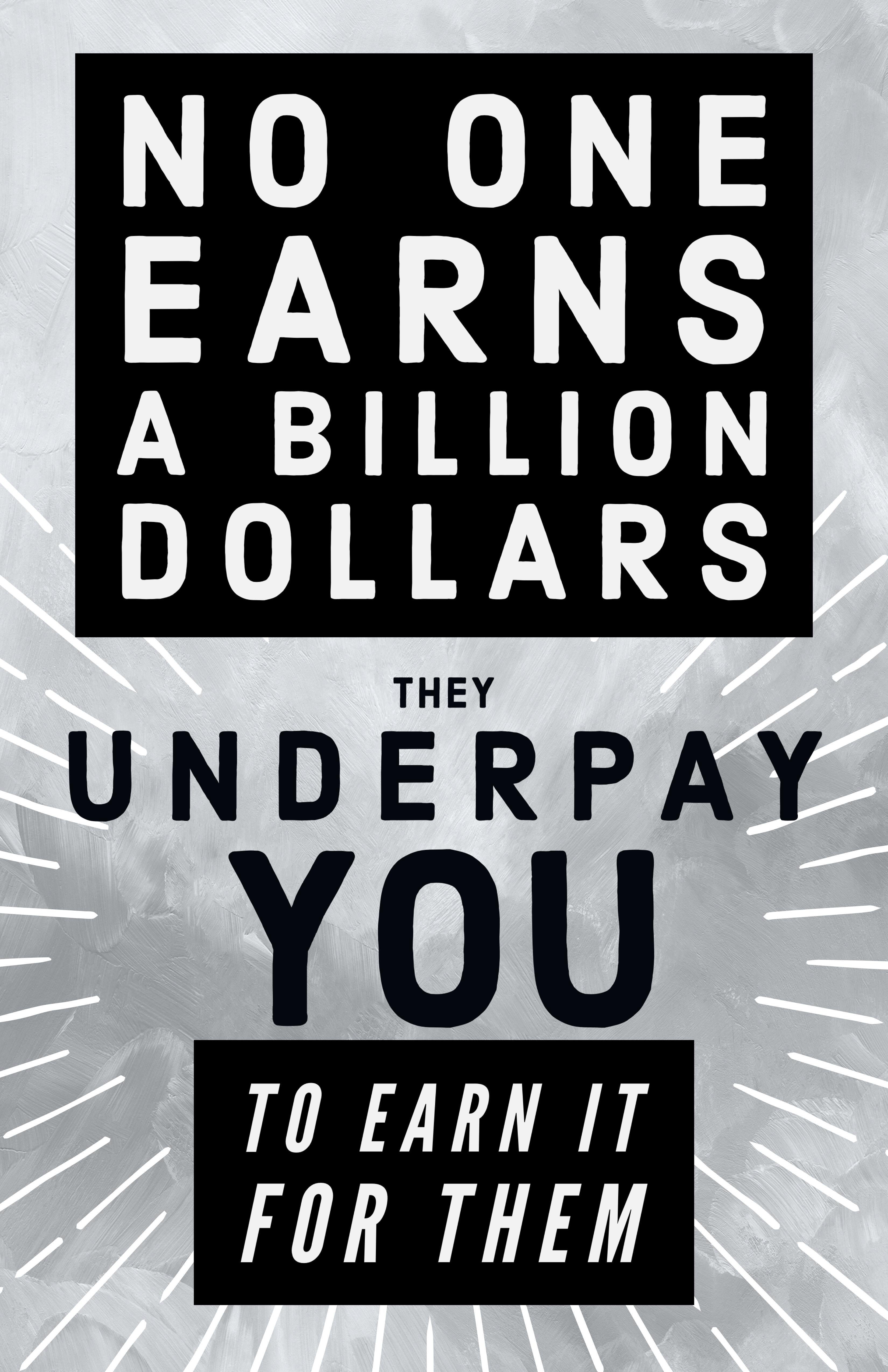this post was submitted on 21 Sep 2023
371 points (94.5% liked)
Socialism
5189 readers
56 users here now
Rules TBD.
founded 5 years ago
MODERATORS
you are viewing a single comment's thread
view the rest of the comments
view the rest of the comments

I observed as follows:
The following was your response:
It only confuses the matter further that you now offer as clarification, "I have never said the entire value is speculative".
I believe the observations I have given, more so than yours, are generally accurate.
The price of stocks is supported principally by the value generated by labor, with speculation necessarily only a secondary effect.
The belief that value will rise is generally an accurate belief, because growth occurs from the value generate by labor. Such growth is not related to speculation.
The bit you are overlooking is the conditional phrase "which is often not related to the productivity of workers".
If I suspect APPL is going to gain value because I know China is going to announce that Chinese government workers can use Apple devices, then the gain in value will be based on the speculation that the stock will rise with these potential new sales. Thus the rise is not related to anything the workers are currently doing only on what they might possibly do in the future. That is speculative.
The above is not the same as the total value being purely speculative. Stocks kind of sort of sometimes represent real valuations but they never reflect the pure value of the labor alone. If that was the case there would be nothing to speculate on. We know exactly how many units Apple manufactures and how many sell. That is factored into evaluations as to if the stock price is accurate or not.
The new sales would be of products whose creation occurs only through the labor of workers. Your are describing ordinary investment, not speculation.
The particular distinction is not relevant. Stocks gain value because of the labor of workers.
The labor of workers is the source of value, the single element without which stocks would never gain value. Speculation only occurs as secondary effect, a response to the intrinsic value generated by labor. If work stopped, if intrinsic value stopped growing, then speculation would also cease to have meaning.
An asset class inevitably crashes if traded speculatively but lacking any intrinsic value, as observed in Ponzi schemes.
The value increased because people suspect sales would be made of products that have yet to he created so the value increased with ZERO input from the workers.
"Stocks kind of sort of sometimes represent real valuations but they never reflect the pure value of the labor alone. The analysis is not relevant. Stocks gain value because of the labor of workers."
Sorry but it is entirely relevant as it demonstrates the inaccuracy if your claim that labor is the only source of value. It is not and you can easily find thousands of examples as to why the labor theory of value is no longer supported in neoclassical economics. Marx was wrong about this.
Speculation creates some of the value of stock and labor factors into it but neither accounts for the total value of the stock.
No prediction is absolute, and neither is any investment.
However, suppose inputs may be purchased at market for prices that are broadly stable, suppose a process is available for workers to create the products from such inputs, suppose the process is not in conflict with natural and legal constraints on the labor market, suppose the total wages required to pay to workers for each product is known, to reasonable precision, and suppose a consumer demand is also known, to reasonable precision.
Then, the prediction for profitability of investment is one related to general investment, not one based on speculation.
More, the prediction may be accurate only because the labor market exists, because workers will be available to provide labor.
If workers were not available, then no one would invest in production, obviously.
You have consistently misconstrued my claim.
I never asserted the value of an asset may never have a component that is speculative, only that an asset class cannot sustain a component of its value that is speculative unless it also has a component relating to intrinsic value.
Except in extreme cases, as noted, the reason assets have speculative value is because they also have intrinsic value.
Again, assets eventually crash if they have no intrinsic value, only speculative value. Such is the claim I have made, which you consistently misrepresent.